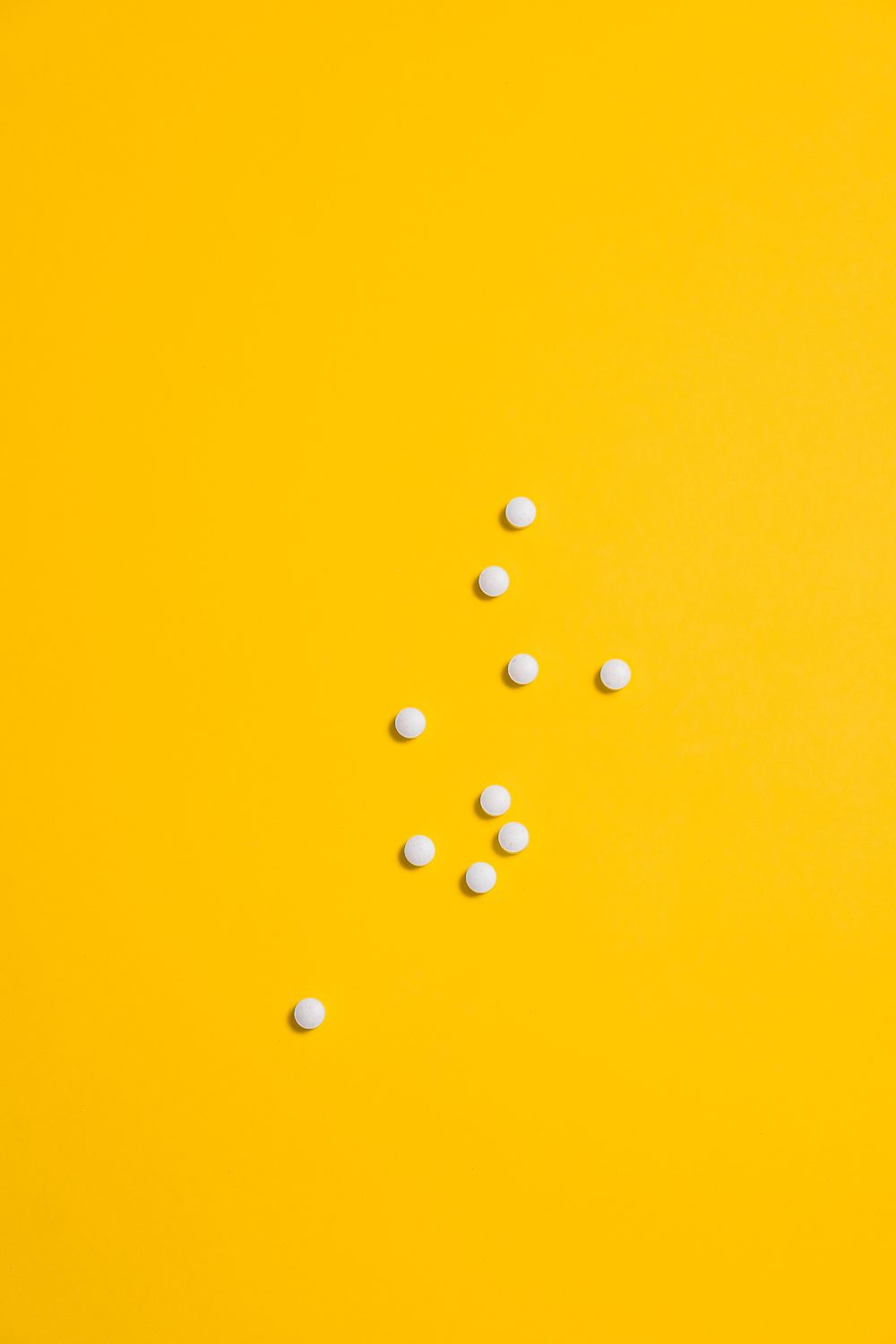Most illegal drugs can cause heart problems, ranging from irregular heartbeats to heart attacks and, in some cases, death. Can early treatment stop the damage to vital organs?
Injecting illegal narcotics can also cause cardiovascular issues like blocked veins and bacterial infections in the blood arteries and heart valves. Injection heroin into the veins, for example, has multiple adverse effects that outweigh the ‘positive’ feelings some may seek. The effects of heroin on the heart can be fatal.
Cocaine, heroin, amphetamines and other illegal drugs all influence the central nervous system and change a user’s awareness. The following are the effects and hazards connected with the use of these drugs, and these symptoms are in addition to the negative effects of addiction:
- Body temperature changes
- A decrease or increase in heart rate, and blood pressure
- Headaches
- Abdominal pain and nausea
- Poor judgment
- Heart attacks, seizures, and respiratory arrest

Heroin
Infectious endocarditis, sometimes known as “heroin heart,” is a disorder characterized by infection of the heart valves and inner lining. Endocarditis has become more common in young adults in recent years, most likely due to intravenous heroin use.
Early-stage endocarditis is challenging to diagnose since healthcare professionals can misdiagnose it as other illnesses or infections. In many cases, doctors overlook endocarditis.
Some of the symptoms of endocarditis include:
- Swollen feet, legs, or abdomen
- Night Sweats
- Pale Skin
- Muscle or Joint Pain
- Nausea and vomiting
- Decreased Appetite
- Sharp, Significant Weight Loss
- Shortness of Breath and Asthma
- Heart Murmur
- Blood in Urine
- Tender Red or Purple Spots Near the Toe and Fingernails
If you survive this situation, there’s a significant risk you’ll get chronic cardiac illness later on.
Cocaine
Cocaine powder is inhaled through the nose (snorted) and absorbed through the nasal mucosa, or it is dissolved using water and injected directly into the bloodstream. Crack is a type of cocaine refined into a crystalline rock enabling the user to smoke it.
Even “recreational” cocaine users may have higher blood pressure, stiffer arteries, and thicker heart muscle walls than non-users, all of which can lead to a heart attack.
Long after the acute effects of cocaine had worn off, an Australian study presented at the American Heart Association’s Scientific Sessions in 2012 was the first to identify these circulatory anomalies in seemingly healthy frequent cocaine users.
Researchers, who dubbed cocaine “the ultimate heart attack drug,” discovered that users had higher rates of several factors linked to an increased risk of heart attack and stroke:
Cocaine, amphetamine, and ecstasy can all harm the heart and circulatory system and remain highly addictive and present difficult withdrawal issues if the person becomes addicted.
Amphetamines
Amphetamines, which include methamphetamines, are habit-forming and are considered abuse-prone drugs.
Doctors can use these medications to treat Parkinson’s disease, obesity, narcolepsy, and attention deficit hyperactivity disorder (ADHD). They have a stimulating effect on the CNS (nerves and brain). Amphetamines, among other things, raise heart rate and blood pressure while decreasing hunger.
One of the main symptoms of amphetamine abuse is insomnia, anxiety, and depression. Left untreated, apart from heart problems, the abuser may use other drugs to combat the feelings of hopelessness. It’s easy to see what can happen without adequate treatment and where a spiral of abuse can lead an individual.

Ecstasy
MDMA, or methylenedioxymethamphetamine, is a controlled substance. It’s a synthetic “club drug” that has stimulant and hallucinogenic properties.
The National Institute of Health uncovered that the number of illicit drug users aged 50 and above is rising. Between 2002 and 2012, the number of illegal drug users aged 50 to 59 more than tripled, rising from 900,000 to more than 3 million.
In addition, more older persons are seeking treatment for substance misuse, which has increased hospitalizations and emergency department visits, which has climbed by more than 130 percent in 55 to 64-year-olds from 2004 to 2009.
While it is uncommon for persons over 65 to have tried illicit substances, baby boomers, who are now in their 50s and older, are more likely than prior generations to have done so in their youth. As baby boomers get older, their lifetime exposure may contribute to higher rates of misuse.
Performance-Enhancing Drugs (PED)
Steroids are a group of medications that substitute for various hormones and other physiological regulating substances in the body.
When taken as pharmaceuticals or performance-enhancing substances, they have the potential to upset the equilibrium of one or more of these. PED can lead to various metabolic anomalies, which can appear as disease symptoms or hormone imbalances. Changes in blood pressure and other cardiovascular abnormalities are among them.
Many regulatory bodies and sporting authorities prohibit the use of certain medications, particularly those linked to increased muscle growth (i.e., anabolic steroids). Anabolic steroids cause several cardiovascular diseases, including:
- Atrial fibrillation
- Stroke
- Heart failure
- Cardiomyopathy
- Thromboembolism
Testosterone and its derivatives are anabolic steroids. Clenbuterol is another non-steroidal medication that has similar effects on muscular tissue.
Substance Abuse Treatment in a Professional Setting
The majority of cardiovascular disease diagnoses are in those over the age of 50. (of approximately 65 years or more). However, a rising number of young individuals are being diagnosed with these diseases.
Adolescents and young adults are the most commonly affected by substance misuse, especially illicit drug abuse, which may raise their risk of cardiovascular disease.
Illegal drug use has also been linked to an increased risk of illnesses like arrhythmia, as previously mentioned.
Substance addiction leads to the higher utilization of healthcare services, notably emergency rooms. It is now considered a significant health and social problem.
In conclusion, the use of illegal drugs will lead to many health problems, including significant heart issues. If you suspect that someone you know and care about is using or abusing any of these illicit substances, you could immediately reach out for medical help to save a life.







